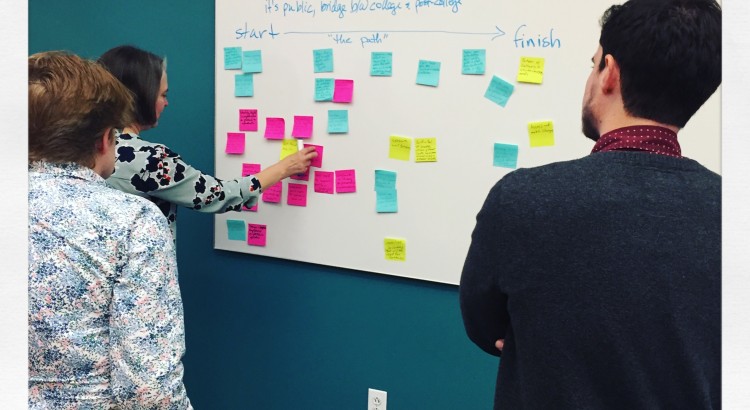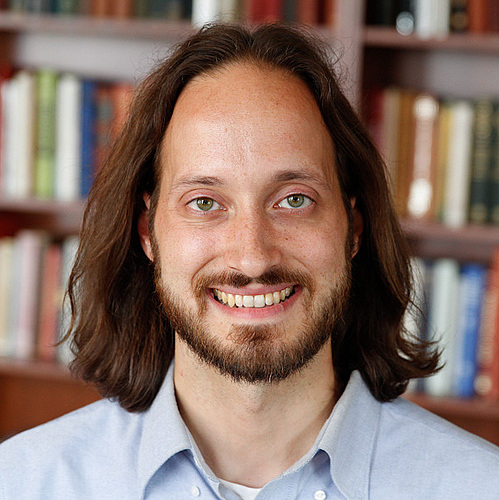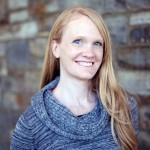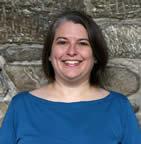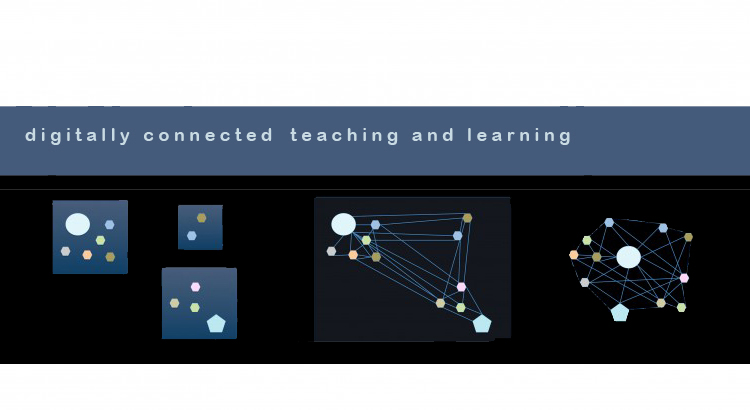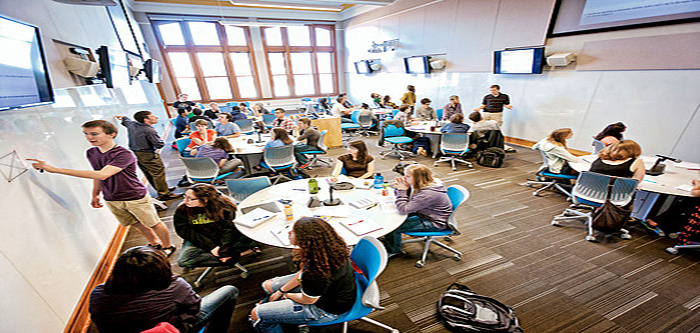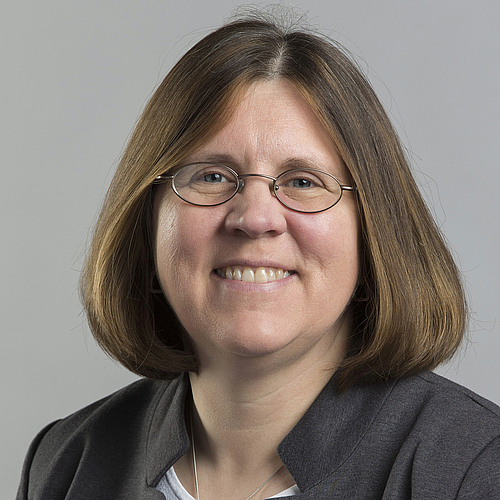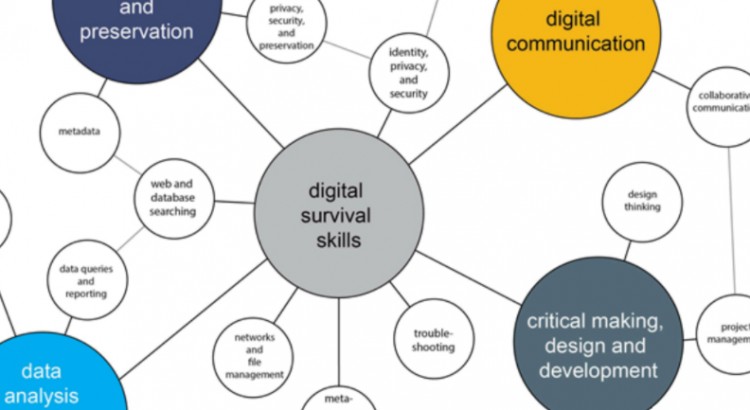Consortium-wide workshop at Carleton College, May 31-June 1, 2018. Browse the page below to see tweets (TWEETS); and see photos (INSTAS) from the #LACOL2018 workshop.
Yay! Thanks for all your energy and ideas at the workshop @gdouglassjaimes … Onward! #LACOL2018 https://t.co/SXwp9Ugp7U
— TheLACOL (@TheLACOL) June 2, 2018
Back in LA, still running on a post conference high from the great conversations and collaborations at #LACOL2018. Looking forward to building that cross-institution course: Critical Data Science or all!
— Guillermo Douglass-Jaimes, PhD (@gdouglassjaimes) June 2, 2018
That’s a wrap! Thanks to @CarletonCollege and everyone for being here! And congrats to contest winner Monika Hu! #LACOL2018 pic.twitter.com/IwtXyjrxFS
— TheLACOL (@TheLACOL) June 1, 2018
thrilled #dayofdh18cc and #LACOL2018 participants could come together over lunch! https://t.co/zmNs1pIreL
— Celeste Tường Vy Sharpe, PhD (@celeste_sharpe) June 1, 2018
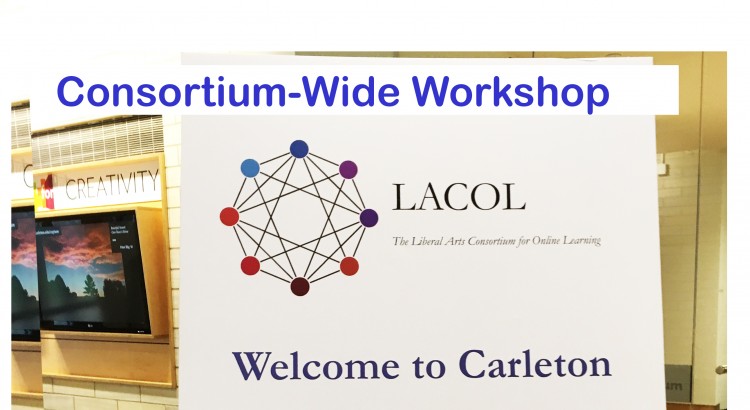
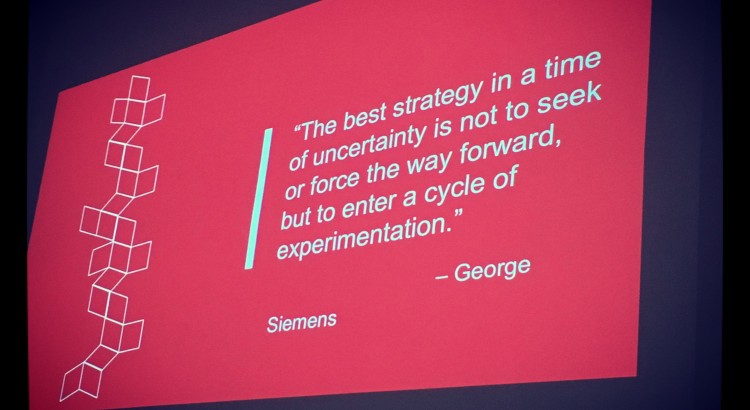
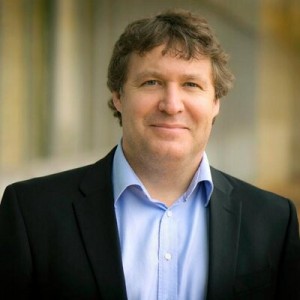
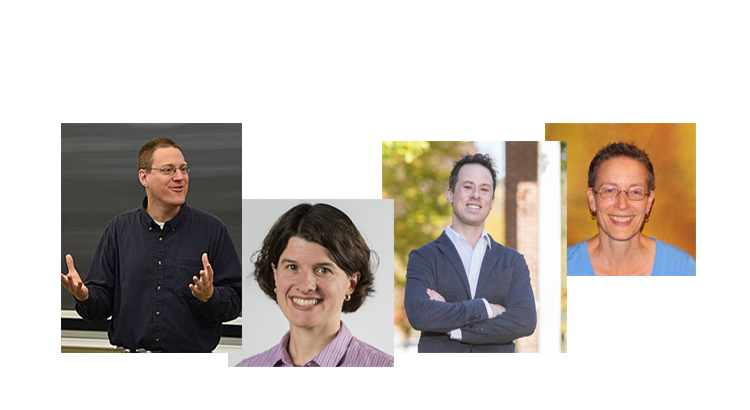
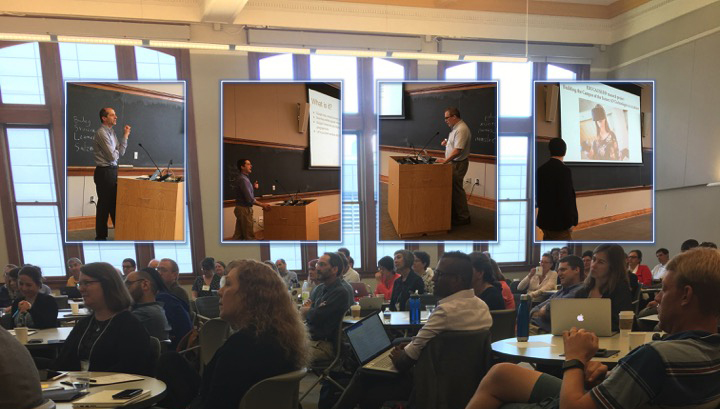
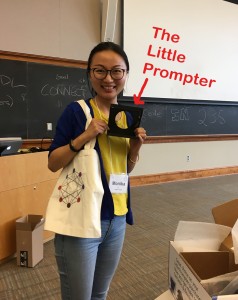
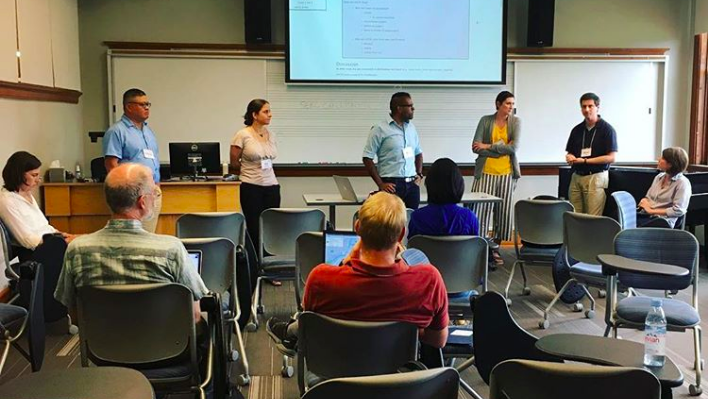
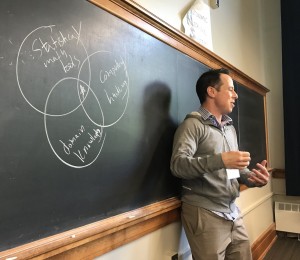 The intersection between Data Science and Environmental Studies is emerging as an area of focus for LACOL as we explore opportunities for collaboration around digitally engaged modes of teaching and learning for the liberal arts.
The intersection between Data Science and Environmental Studies is emerging as an area of focus for LACOL as we explore opportunities for collaboration around digitally engaged modes of teaching and learning for the liberal arts.